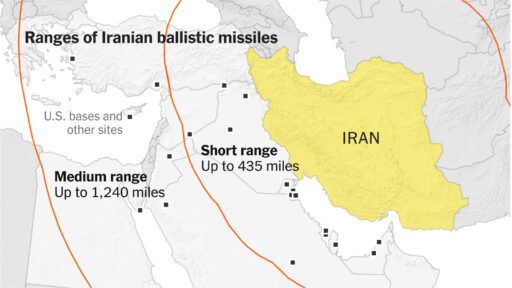
A surge in Iran–Israel news coverage began today as Tehran launched ongoing drone strikes over northern Iran’s border, while Israel conducted overnight air raids across southern Iran. This sudden escalation in Iran–Israel news reflects rising tension after recent sanctions and proxy clashes.
Reports confirm that on May 4, Israel targeted alleged Iranian drone bases near Tabriz. In retaliation, Iran deployed over a dozen armed UAVs across the Israeli-occupied Golan Heights. This back-and-forth led to missile defense activations over Tel Aviv and multiple explosions heard in southern Cyprus.
Political leaders reacted swiftly. Israeli PM issued televised warnings of further strikes, saying Israel will “not tolerate drone threats beneath its airspace.” Meanwhile, Iran’s Foreign Ministry accused “Zionist aggression” and promised retaliation through regional allies Hezbollah and proxy groups across Iraq and Syria.
In India, policymakers expressed concern about rising oil prices and global security. The External Affairs Ministry urged restraint and called for bilateral dialogue. Analysts say Indian business sectors should track developments, as oil spike could impact inflation and energy markets.
This escalation marks one of the most intense Iran–Israel news cycles of 2025. Analysts suggest the crisis follows Iran’s increased support to Hamas after March elections, and Israel’s attempts to deter Tehran’s drone infrastructure. The political aim is mutual deterrence, but the humanitarian risk has the UN calling for de-escalation.
What’s at stake might extend beyond borders—impacts on global oil, shipping lanes in the Gulf, and the potential for broader conflict across Lebanese and Syrian fronts.
Eyewitness reports from Iran cite civilian panic as sirens blared. Explosions reportedly damaged utility infrastructure. In Israel, hospitals have been placed on high alert as three missiles were intercepted above Ashdod, with no immediate injuries reported.
Defense analysts in Tel Aviv and Tehran press that each side is operating under calibrated response limits—avoiding all-out war. But war fatigue among civilians grows, while school closures and travel advisories return.
For readers who follow broader geopolitics, India’s media coverage on this Iran–Israel news saga remains critical. At The Masala News, we will continue tracking diplomatic updates, OPEC statements, and international mediation efforts. Explore deeper stories on Iran–Israel drone war and regional implications here.
You can also review situation reports from global outlets such as the BBC Middle East coverage.